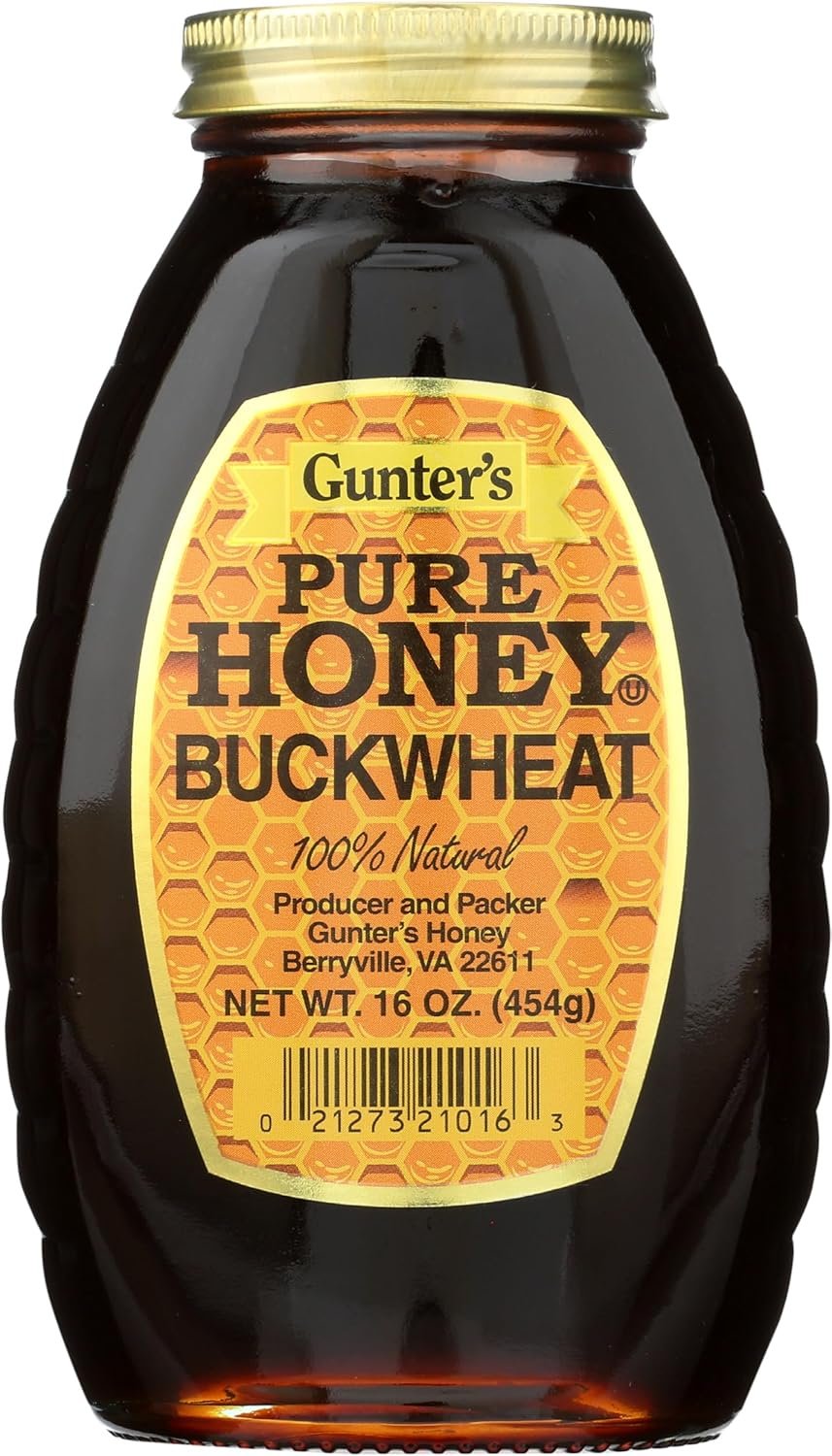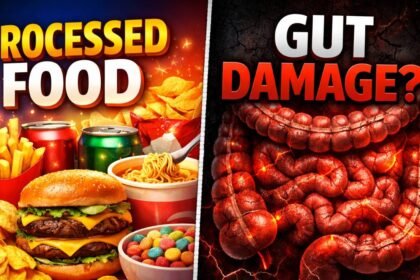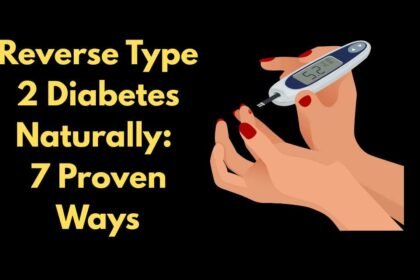Let’s be honest—we all have a bit of a sweet tooth. Whether it’s your morning coffee, a warm slice of pie, or a cozy cup of tea, sugar makes life taste just a little better.
But with so much talk about health, fitness, and natural living, it’s only fair we ask: Is honey actually healthier than sugar, or is it just another buzzword in the wellness world?
If you’ve found yourself standing in the grocery aisle debating between that bear-shaped bottle of honey and a big bag of granulated sugar, you’re not alone.
Let’s break it down and see which sweetener comes out on top when it comes to health, taste, and practicality.
What Are They, Really?
Sugar
When we talk about sugar, we’re usually referring to table sugar, also known as sucrose. It’s typically derived from sugar cane or sugar beets and is super refined. That’s why it’s white, powdery, and dissolves easily into pretty much anything.
Sugar is made up of 50% glucose and 50% fructose, and while it gives a quick burst of energy, it doesn’t come with any real nutritional perks. It’s just straight-up calories—empty ones, to be exact.
Honey
Honey, on the other hand, is made by—you guessed it – bees. It’s a natural sweetener created from the nectar of flowers. Bees work some serious magic (plus enzymes) to turn nectar into the thick golden syrup we love.
Honey contains glucose and fructose too, but it also includes small amounts of vitamins, minerals, antioxidants, and trace enzymes. That’s what gives honey its slight edge when people call it “healthy.”
Nutritional Breakdown
Let’s do a little side-by-side comparison of one tablespoon of each:
| Nutrient | Honey | Sugar |
|---|---|---|
| Calories | 64 | 49 |
| Carbs | 17g | 13g |
| Sugar | 17g | 13g |
| Fiber | 0g | 0g |
| Vitamins/Minerals | Trace | None |
Surprise! Honey has more calories and sugar per tablespoon than white sugar. That may sound like a bad thing at first, but don’t panic just yet – honey is sweeter than sugar, so you might use less of it overall to get the same level of sweetness.
Health Benefits: Is Honey Really Better?
Let’s dive into why honey often gets the “health halo.”
1. Antioxidants
Some types of honey, especially darker ones like buckwheat honey, are rich in antioxidants. These little compounds help protect your body from cell damage and may reduce your risk of chronic diseases.
Sugar? Not so much. It’s purely for taste and doesn’t bring anything extra to the table.

Gunter’s Pure Buckwheat Honey
Gunter’s Pure Buckwheat Honey is 100% natural, certified kosher, and contains no added sugar. Packed in a 16 oz. bottle, it delivers bold buckwheat flavor with just 60 calories per serving.
2. Antibacterial Properties
Honey has been used for centuries as a natural remedy for cuts, burns, and sore throats. That’s because it has antibacterial and antifungal properties. Medical-grade honey (like Manuka honey) is even used in hospitals to treat wounds.
You definitely can’t say that about your average spoonful of white sugar.
3. Cough Suppressant
Got a sore throat or nagging cough? A spoonful of honey can help coat your throat and calm that irritation. In fact, the World Health Organization (WHO) even recommends honey as a cough remedy for kids over 1 year old.
Sugar, on the other hand, won’t help your cold—if anything, it might make inflammation worse.
But Wait… What About the Downsides?
Before you go drizzling honey on everything, let’s talk about the cons.
Calories Still Count
Yes, honey has some redeeming qualities, but it’s still a form of sugar. Too much honey can contribute to weight gain, insulin resistance, and even tooth decay—just like regular sugar.
Not Safe for Babies
Honey should never be given to children under 1 year old. It can contain spores of bacteria that cause infant botulism, a rare but serious illness. Sugar doesn’t carry this risk, although that doesn’t make it baby-friendly either.
Cost and Convenience
Let’s be real—honey is pricier than sugar. A bag of sugar is super cheap and lasts forever. Honey costs more and can get messy (especially when the cap gets sticky and you have to pry it open with a knife).
Which One Should You Choose?
Here’s the deal: neither honey nor sugar is a superfood, and neither is “poison” when used in moderation. But if you’re trying to make a healthier choice, honey does have some nutritional benefits that sugar simply lacks.
That said, context matters:
- If you’re baking a cake, sugar is easier to measure and gives consistent results.
- If you’re sweetening tea or oatmeal, honey might be the tastier (and healthier) option.
- If you’re watching your blood sugar levels, be cautious—both can spike glucose, though some studies suggest honey might have a slightly lower glycemic impact.
The key word here is moderation. Overdoing it with either sweetener can lead to long-term health problems.
Your best bet? Start by reducing your overall added sugar intake—then choose whichever sweetener fits your needs and lifestyle.
Bonus Tips: Healthy Ways to Use Honey
If you want to make the most of honey’s benefits without overdoing it, here are a few smart ways to use it:
- Swap it into marinades for chicken or salmon for a sweet, sticky glaze.
- Stir it into yogurt with some fresh berries and cinnamon.
- Drizzle a small amount over roasted carrots or sweet potatoes.
- Add it to a homemade salad dressing with olive oil, mustard, and lemon juice.
Remember, a little goes a long way!












